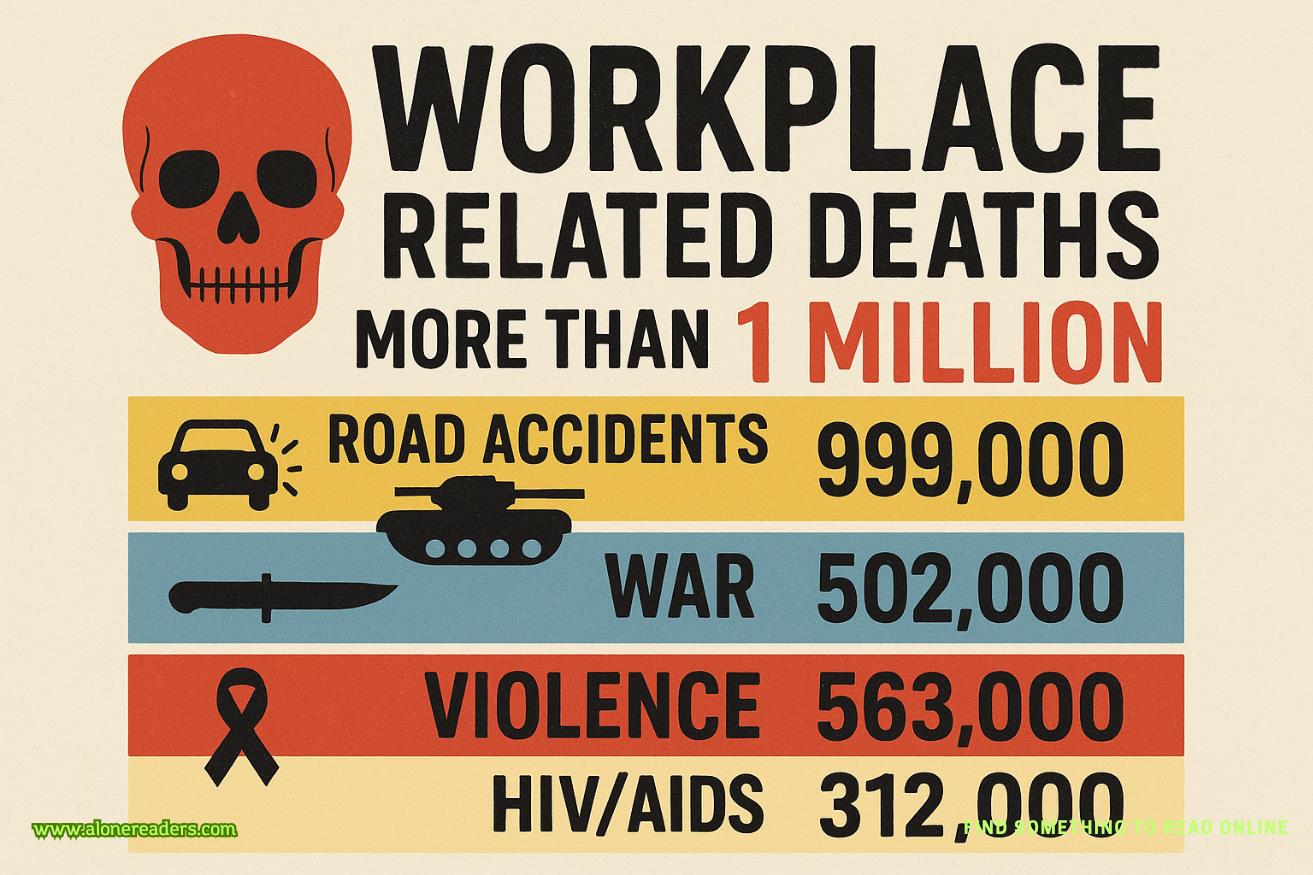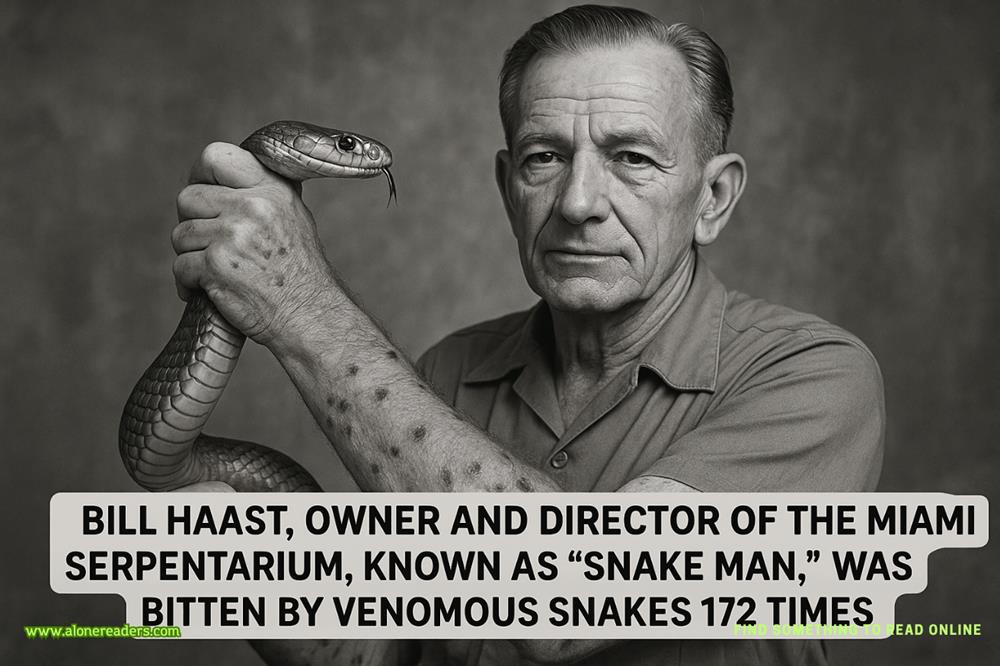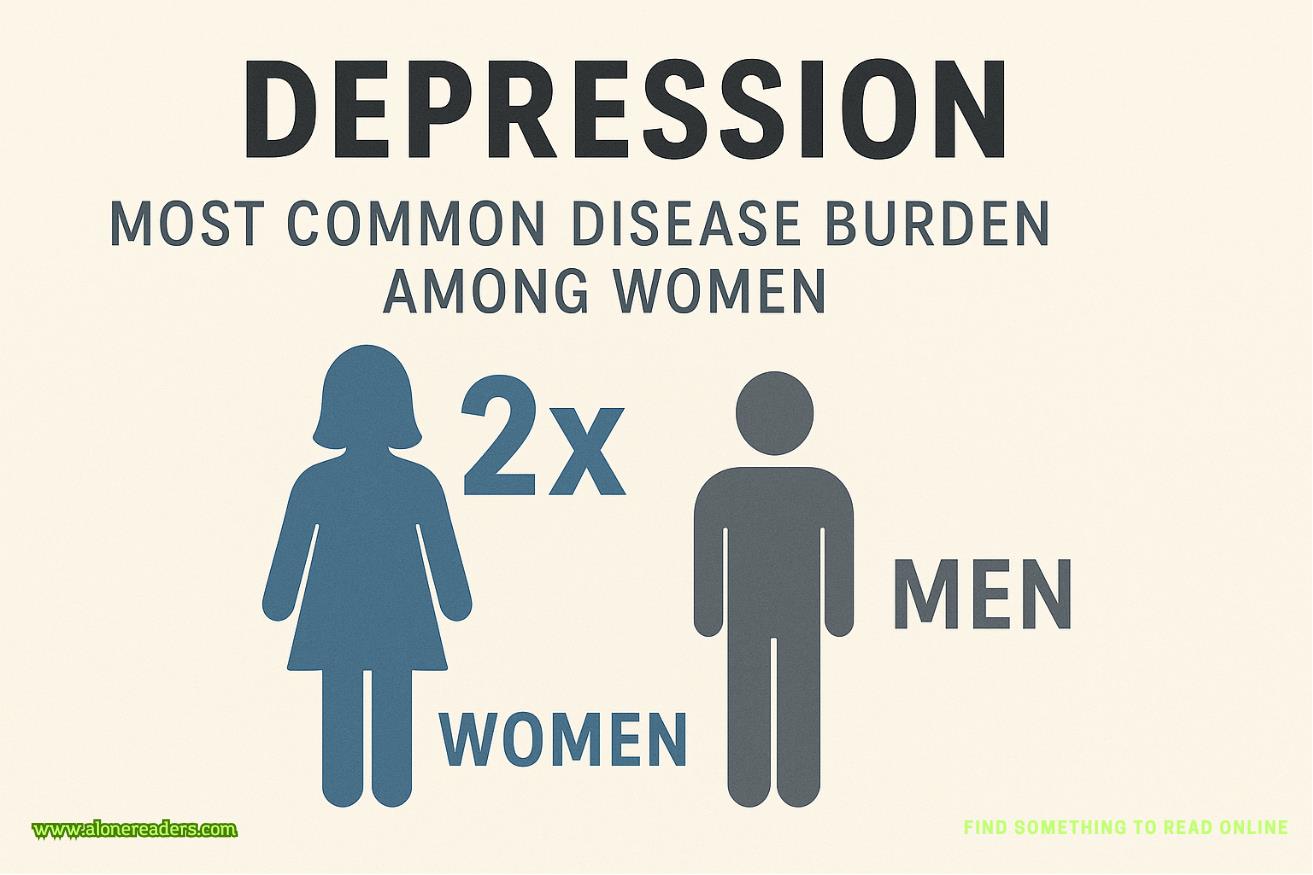Page 15 of Once a Gentleman
Chapter Seven
“I have no ill intentions, Mr. Hewlett.” Kit started and spun on his heel. Turner must have taken a candelabrum from the drawing room as he followed Kit through the door, for he was in the act of setting it down on the sideboard. The flames danced wildly with the movement, casting a sinister flicker over Turner’s face and coruscating from the cut glass of the brandy decanter. Kit thought, rather wildly, that Mrs. Radcliffe would have been in ecstasies. “I wish only to explain myself.”
“I suspect our definitions of ill intentions might be somewhat divergent,” Kit said acidly. Explain himself? With that composed, indifferent mask firmly in place once again, as if nothing of moment had occurred? “Your friend,” and his voice wavered on the word, no matter how he tried to keep it steady, “mistook me for a whore. And your intention was clearly for me to—to fill that role—”
Kit’s voice cracked, and he stopped, panting for breath. His temples throbbed, his fists had clenched until his nails dug furrows in his palms.
“Dowling’s not my friend,” Turner snapped, stepping forward, and then stopping again as Kit flinched back. “He merely shares my—inclinations.Ourinclinations. Hewlett, for God’s sake, his behavior was foolish and unwarranted, and in no way encouraged by me. I meant only for you to enjoy yourself in the company of men from whom you need not fear exposure or contempt.”
“That smug, lecherous bastard’s assumption of my availability for his pleasure doesn’t constitute contempt?” Kit retorted. Turner’s jaw tightened. “And I beg you not to speak of my inclinations and yours as if they have any commonality. Your tastes may run to lads hardly out of the schoolroom whose desperation drives them to cater to the perverse desires of men like you—”
“Mind your tongue,” Turner snarled, and closed the distance between them in two long strides, stopping short only inches away. “I’m no more perverse than you are. I merely allow my desires expression. And those young men whose supposed desperation you pity are no doubt more experienced than you. Not a one of them has been coerced in any way.”
“So you would prefer to believe,” Kit shot back. “Do you really think they’d consort with the likes of Dowling if they werenotdesperate?”
Kit met Turner’s eyes steadily, refusing to be the first to look away. Turner was breathing hard, and his blue eyes, usually so pale, were dark in the shadowy room, their pupils huge. The scent of him wafted across the small space between them, a heady blend of soap and brandy and male skin. Kit should have found it as repellent as the odor of that bastard Dowling; he wished he did. But Turner was altogether distracting, this close, Kit’s fury and hurt notwithstanding.
“I didn’t invite them myself,” Turner said at last. “I merely told my guests to bring a companion, if they pleased.”
“I have little interest in your morality or compassion, or lack of them. But your behavior to me was inexcusable and unforgivable. To lead me to believe I was requested to dine with gentlemen, to converse with your acquaintances, and—”And be treated as a gentleman myself, not as a pariah, or a tradesman, or a servant. Or a piece of meat, for that matter.
Kit swallowed down anything else he could have said. His longing for the life he’d lost, or some close facsimile, was futile. He’d be damned if he’d reveal himself to Turner by speaking of it.
Turner’s expression softened, showing a little of that compassion Kit had accused him of lacking. “You were. I swear it. I intended only to, I don’t know quite how to put it. Broaden your horizons, perhaps.”
He spoke so ruefully that Kit could no longer doubt his sincerity. But that was almost worse. Malice Kit would have known how to counter. He would simply depart, taking his first quarter’s salary with him—what of it he hadn’t so foolishly spent on these absurd, shameful evening clothes—and start again elsewhere. How, he didn’t know, but with twenty pounds in his pocket he could make his way to—London, perhaps, for lack of anywhere better. His father’s former associates would sooner toss him out on his ear than employ him, but surely, given the many businesses there, someone would appreciate his skills without thinking too deeply about his surname.
He had only come to Portsmouth because a former friend had told him he would write to his uncle to have Kit hired on as a clerk, but when he arrived, the uncle had professed to know nothing of Kit, and had turned him away. Even with a connection, there was no guarantee of anything. Better to go somewhere he could disappear into a multitude.
But no, he had to think about this logically, rather than allowing himself to be carried away by his anger, appealing as the prospect of disappearing from Turner and everyone else Kit had met in Portsmouth seemed at that moment.
If Turner had truly not meant for Kit to be a companion for his guests, or for himself, then he might be acquitted of malice. And while his thoughtlessness, his lack of judgment, infuriated Kit perhaps even more, it didn’t constitute a reason for throwing away what might be his last chance to save enough money to have some tiny measure of security.
In the absence of predatory intent, Kit simply could not justify fleeing the house, no matter his feelings. At least until he could draw another quarter’s wage.
In that spirit, he would attempt to forget the incident, but there must be no misunderstanding on Turner’s part. He drew a deep breath. “I am four and twenty, Mr. Turner. I have not lived my life in a cloister. Even if I had, I don’t think lewd propositions from drunken lechers are particularly broadening. Or at least, forgive me if I don’t wish to expand my horizons in that direction.”
“Mr. Hewlett, please forgiveme,” Turner said, still too close, and still with that disconcerting gentleness in his tone and his expression. Limned in the flickering candlelight, he appeared to loom over Kit rather more than his several inches of advantage in height would warrant. “I give you my word that you won’t be insulted in such a way again. Wait here for only a few moments, and I’ll bid Dowling go. You can come in to dinner and enjoy the evening, and no one will treat you with anything but respect.”
“No,” Kit said. And then, “No,” with much greater force. The very thought nauseated him beyond bearing. Turner was too close, too compelling. Kit stepped back, and then again, stumbling as his backside hit the edge of the desk. He had nowhere left to go, and gripped the edge of the desk with both hands with bruising force, the pain anchoring him. “Under no circumstances will I consort with you, or yourfriends,” that last word infused with all the venom in him. “Tonight or on any other occasion. If you desire my resignation, you shall have it. If not, then I beg you will permit me to discharge my duties without any expectation of further contact between us.”
Turner stood as still as if turned into granite, and his face slowly set into equally hard lines, jaw firming and mouth tightening. Only the clenching and unclenching of one hand betrayed anything at all.
“Very well.” He spoke very low, and very evenly. Turner moved so suddenly that Kit jumped a little, sagging back against the desk when Turner went past him to the door opening onto the hall. He inserted the key, turned it, and then looked over his shoulder, his face quite blank. “If you would be so kind as to give Samuel my key once you’ve locked the room—since I presume your own is upstairs?”
Kit’s sweaty palms slipped on the desk, and he held on all the harder. He nodded.
“Then if you’ll excuse me, I must see to my esteemed guests.” His lips twisted, just a little. “Good night, Mr. Hewlett.”
With that, he slipped out the door and was gone. Kit forced his fingers to release, and he crossed the room unsteadily, carefully turning the key to lock himself in. He rattled the doorknob to prove to himself that it was well and truly secure.
That done, and assured of solitude, he allowed himself to sag against the door, his burning forehead resting on the frame. He would retire upstairs as soon as he could be certain the company had ensconced themselves in the dining parlor and he would not be seen in the hall.
At last, he allowed his fury and shame and disappointment to rise up, raging and uncontrolled. He wrenched at his absurd cravat, the fabric ripping and fraying under his frantic fingers, and tore it from his neck to fling it on the floor. Kit gasped for breath, his lungs heavy and his eyes burning. God, but what a fool he was. For a few moments while coming downstairs—was it only half an hour ago, or even less?—he had allowed himself the pleasant fantasy of reentering the life so long denied him, a life in which he drank fine smuggled French vintages and shook his head over the price of corn, or laughed at the latest gossip from London.
He would not make that mistake again.
Kit was a secretary, a hireling, not a fashionable gentleman.















